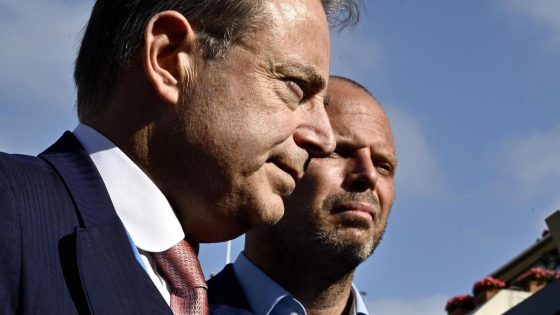Gent’s budget cuts have sparked debate among experienced economists, who describe the situation as a “typical Belgian disease.” As of 2025-07-16 10:01:00, the city faces criticism over its approach to managing financial challenges, raising questions about local governance and public sector morale.
- Ervaren economen bekritiseren Gentse besparingen
- Kritiek op "licht en liefdevolle" ontslagen
- Weinig personeel steunt actie tegen besparingen
- Christophe Peeters vereffent stadsschulden en verleden
- Burgemeester De Clercq blijft afwezig tot augustus
Despite efforts to implement savings, staff turnout for protests remains low, with some employees feeling pressured not to participate. Meanwhile, new city manager Christophe Peeters, nicknamed ‘Excel,’ is tackling both current and past financial issues, adding another layer to the unfolding story.
With Mayor Mathias De Clercq absent until at least the end of August, how will Gent navigate this critical period? The answers lie in understanding the local impact of these decisions and the broader implications for Belgium’s public administration.
Why are Gent’s budget cuts drawing such sharp criticism, and what does this mean for the city’s future? The debate highlights key challenges:
- Experienced economists warn the cuts reflect systemic Belgian governance problems.
- Low protest turnout suggests employee pressure and potential morale issues.
- New city manager Christophe Peeters is actively addressing financial legacies.
- The mayor’s absence leaves a leadership gap during a sensitive time.
As Gent moves forward, transparent dialogue and inclusive decision-making will be essential. Will the city find a balanced path that supports both fiscal responsibility and employee well-being? Residents and stakeholders should stay engaged to influence the outcomes positively.




























